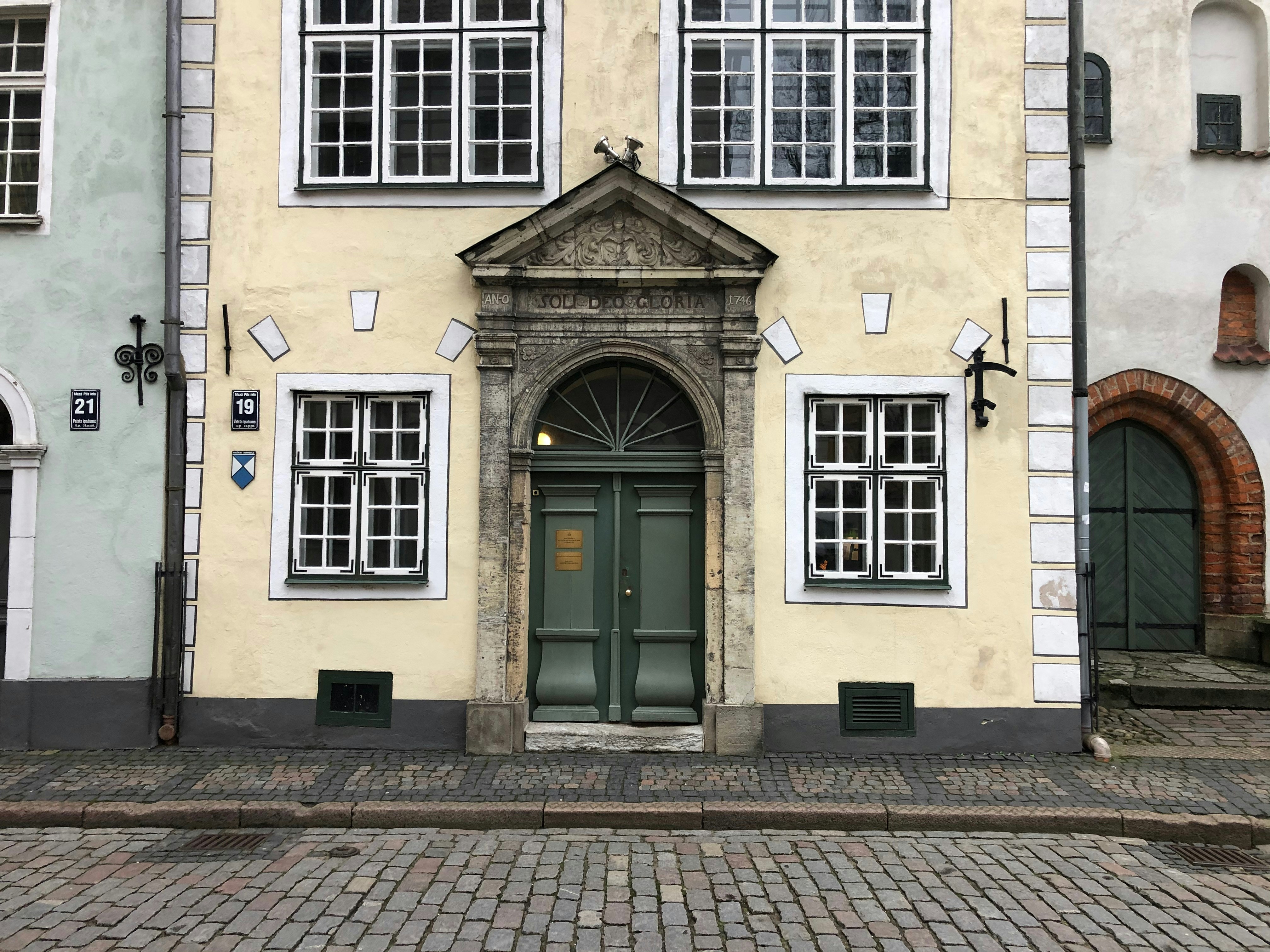Since 2008, the CA EED (https://www.ca-eed.eu/) brings together representatives from the EU Member States and Norway to discuss the implementation of the EU directive. At this point in time, the EED calls on Member States to establish dedicated one-stop shops or similar mechanisms to provide technical, administrative and financial advice for energy efficiency. In this context, EU Peers presented the current situation in Europe and gave recommendations for the implementation into national law.
First and foremost, EU Peers highlighted that there is an existing, varied landscape of one-stop shops. It is crucial to take into account their experiences and achievements in the design of the implementation of the EU directive into national law. The models that can be seen across Europe are diverse and demonstrate in this way the importance of adapting to the local context and the impact of a strategic orientation of the one-stop shop.
Speaking from the experience of EU Peers, the collaboration with regional and local authorities will be a key ingredient for the successful implementation of the directive. As trust and impartiality are necessary qualities when it comes to information and advice on energy renovation, public authorities have a clear role to play in making one-stop shops accelerators of the renovation rate.
The boost that OSS can provide is also related to the exemplary role of local authorities, which becomes more consistent with the new EED. Now the target of 3% of the total floor area of heated and/or cooled buildings to be renovated, includes all the buildings that are owned by public bodies, therefore a possible development of the services could be to assist public administrations in achieving the target.
EU Peers was grateful for this opportunity to share the project's knowledge on the one-stop shop movement and will continue to work for improved policy conditions.
Related Articles

Baltic Community of Practice - Working Together to Streamline Permit Processes
Empower yourself by becoming a member of EU Peers Community of Practice!
Empower yourself by becoming a member of EU Peers Community of Practice!
Expand your knowledge, connect with other organisations, and scale up the sector of IHRS by joining the vibrant and evergrowing Community of Practice





